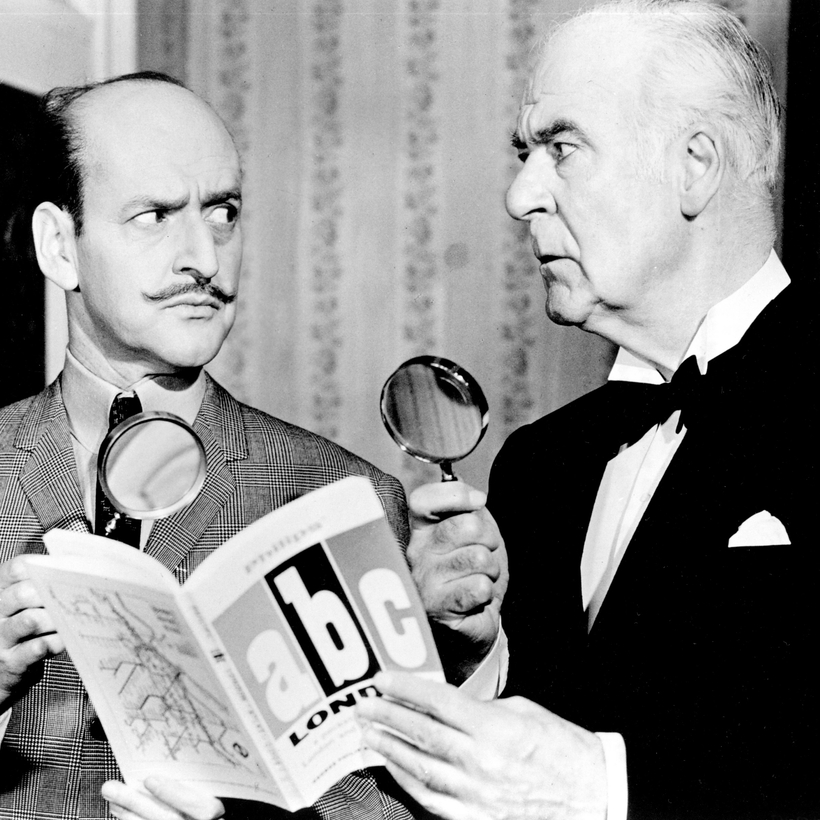Revising Agatha Christie and other authors’ works to avoid offense amounts to censorship, France’s new culture minister has told Parliament.
Rachida Dati, a conservative appointed by President Macron to shake up the state culture machine, denounced what she said was an unhealthy trend imported from the English-speaking world in her first session before the National Assembly.
The rewriting of texts with outdated mentions of race, gender and ethnicity prompted alarm when Christie’s French publishers fell into line with the English-speaking editions last year.
“We know where censorship leads. We have to respect the freedom of creation. I was shocked by the rewriting of the Agatha Christie books. I am shocked,” Dati, 58, told the Parliament’s culture committee in answer to MPs’ questions.
The trend of “woke” culture was threatening all great literary works, she added.
“They say that we’re going to reduce them, Molière, Victor Hugo, almost summarize them, because some of the public doesn’t understand them.” France must be faithful to the original and understand it in context, she added.
Dati was adding her voice to the argument, led by traditionalists but shared by many publishers, that France must not bow to the American-led fashion for purging past texts to avoid offense. Éditions Gallimard, the august Parisian house that publishes Roald Dahl, refused last year to follow the English-language revisions of Charlie and the Chocolate Factory and James and the Giant Peach which expunged terms such as “fat” and “ugly”.
The offense issue has not arisen for Ian Fleming, another subject of revision, because his James Bond novels have not been republished in French for years.
France — the largest market for Hercule Poirot and Miss Marple outside the English-speaking world — accepted in 2020 the renaming of Les Dix Petits Nègres to Ils Etaient Dix (They Were Ten) and the removal of 74 n-words in the original.
France must not bow to the American-led fashion for purging past texts to avoid offense.
The changes, which came 40 years after similar edits to the English original, were nevertheless denounced by Nicolas Sarkozy, the center-right former president, as politically correct dictatorship “by the elites who hold their noses like those wise monkeys who listen to nobody”.
The trouble began when Les Éditions du Masque, part of the Hachette publishing giant, recast many of Christie’s mysteries, saying it was abiding by the wishes of her estate, as respected by HarperCollins, her English-language publisher.
“This shows the troubling encroachment of the Anglo-Saxon world on France,” said a typical comment, from Sami Biasoni, an author, who called it a Pandora’s box for French publishing.

As French publishers revealed that they were recruiting “sensitivity readers”, like the Anglo-Saxons, critics cited George Orwell’s 1984 and its warnings about manipulating the past to control the future.
“The totalitarian regimes of the 20th century have disappeared. Another has been emerging in the United States, less brutal but more insidious,” the newspaper Le Figaro said.
Valeurs Actuelles, a right-wing magazine, said: “France’s view of literature as sacred is for the moment saving the great writers but the worm is slowly but surely entering the fruit.” Recent subjects of French revision also include Enid Blyton and her Famous Five.
Club des Cinq et les Saltimbanques (Five Go Off in a Caravan) has been retitled as Club des Cinq et Le Cirque de l’Étoile (The Famous Five and the Star Circus). The aim was to avoid offending circus performers with the negative connotation of saltimbanques, meaning acrobat or street entertainer.
France feels particular ownership of Christie because the country and its culture color many of her 66 novels and 154 short stories. Christie, who spent two teenage years at finishing establishments in Paris and spent family holidays in the Pyrenees, made Poirot defiantly Belgian, but his Frenchness infuses the novels.
Some, such as Murder on the Links, The Mystery of the Blue Train and Death in the Clouds, have largely French settings. France 2, the country’s equivalent to BBC1, has just finished broadcasting the third season of Les Petits Meurtres (murders) d’Agatha Christie, a popular comedy crime series inspired by her novels.
Charles Bremner is the Paris correspondent at The Times of London

